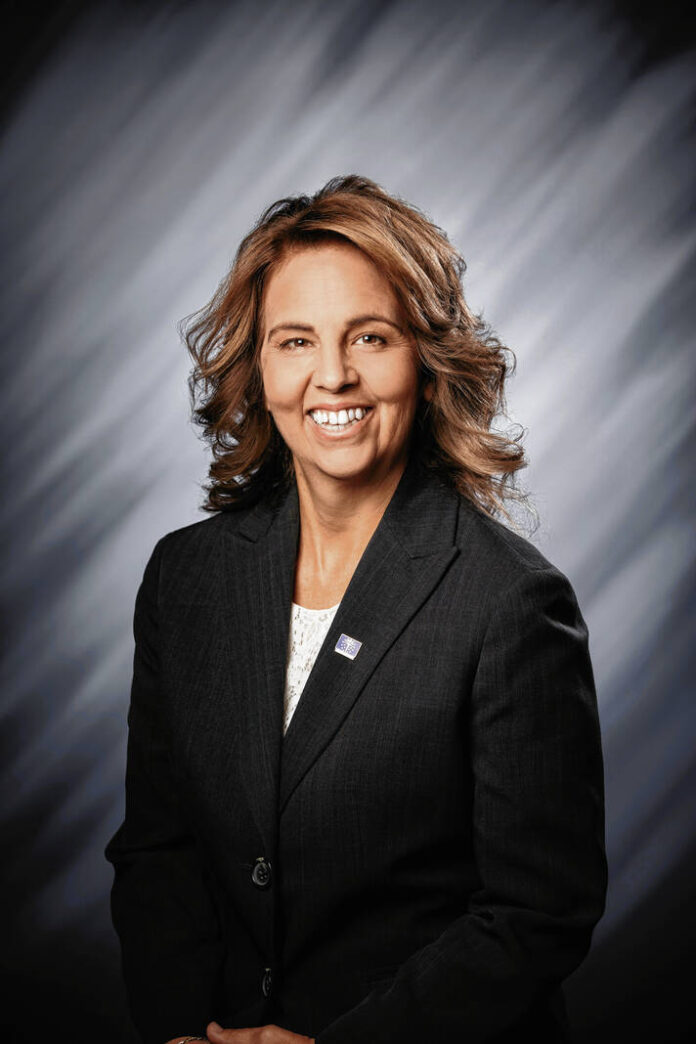For the last quarter of a century, jury duty pay in Indiana has been below minimum wage.
A bill authored by State Rep. Michelle Davis, R-Whiteland, could change this.
House Bill 1466 would give Hoosiers serving as jurors in a courtroom $80 a day for service. This would double the current rate of $40 a day that has been in place since 1997, which was below the current minimum wage of $7.25 an hour, according to a news release from Davis’ office.
If a Hoosier is serving as a juror for more than six days, the daily amount would increase to $90. Jury appearance fees would also be raised from $15 to $30 for each day the jury is in attendance until it is impaneled, the news release says.
The bill would also increase the jury fee collected from a defendant to $6 if they are found to have committed a crime, violated an infraction or violated an ordinance. People who file tort and plenary action lawsuits would also be charged a $75 fee because they also use a jury, according to the news release.
Revenue generated by these fees would be directed to jury pay, officials say.
Davis decided to author the bill after two local judges — Johnson County Superior Court 4 Judge Marla Clark and Superior Court 2 Judge Peter Nugent — gave a presentation to the House’s Judiciary Summer Study Committee last year about how low the state’s jury pay was.
“We are expecting them to do a monumental task of sitting in judgment of their fellow Hoosiers, and taking time away from their families and their jobs and other things that they could be doing,” Clark said. “We came to the conclusion that less than minimum wage was just unacceptable.”
Clark is chair of the Indiana Judicial Center’s jury committee, which has been looking at ways to improve the state’s jury system. One of the “glaring” areas for improvement they identified was the pay, which has not been raised in 25 years, she said.
As part of Clark’s introductory remarks in her court, she asks prospective jurors if serving on a jury could cause financial hardship for them as it is a time commitment. If the answer is yes, then the juror is probably going to be excused, she said.
For example, if a juror is an hourly employee who isn’t being paid for their absence, then right now they are essentially working for less than minimum wage to make important decisions. Judges do not want to cause them to struggle financially because they’re serving as a juror, she said.
When it came time to present to the summer study committee, Clark and the jury committee originally pitched the idea of raising it to $50. Davis then offered to author the bill and thought raising it to $80 a day was more appropriate. Clark and the jury committee strongly agreed, she said.
Officials believe raising the pay will also help increase the number of people who are able to serve on juries. Courts around the state have reported struggles with getting people to serve on juries, Davis said.
The idea of the jury system is that it’s supposed to be a cross-section of someone’s peers. But if some of those peers are cut out of the process because they can’t financially afford to serve on a jury, then it isn’t a cross-section, Clark said.
“You’re getting a section of people that are well enough off that money doesn’t matter,” she said.
Most people also do not think of jury service as a honor, Clark said. Jurors are asked to cut off communication with people and sometimes make life or death decisions, and paying them more will show how important this work is, she said.
“If the bill is successful … it sounds a little bit more like we’re honoring the service we’re asking them to do,” Clark said.
The bill passed out of the House on a bipartisan 94-0 vote on Monday. It is now before the Senate for consideration.
“It’s a good example of … a state representative working with some of our local folks on what they feel is important, and what they feel will be important to helping their processes and procedures in Johnson County, as well as everywhere else,” Davis said.





